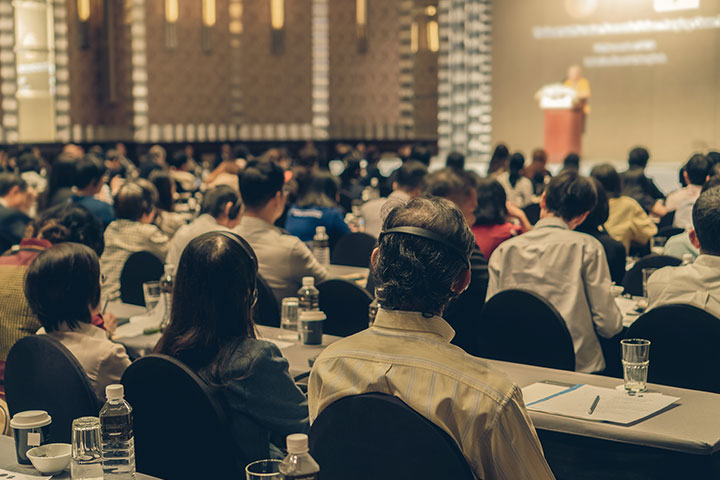Exploring the diverse forms of academic conferences
As an important platform for academic exchanges, academic conferences play an indispensable role in promoting the dissemination of knowledge and the development of disciplines. In the contemporary academic field, conference formats are becoming increasingly diverse, from traditional offline seminars to online virtual conferences, each with its own characteristics and functions, meeting the communication needs of scholars in different scenarios. This article will provide an overview of the main forms of academic conferences today, with a view to providing valuable information to scholars.

1. Face-to-face academic seminar: This is the most traditional form of academic conference. Participants gather in the same physical place and can have instant questions and answers and discussions. The advantage is that it facilitates the establishment of personal contacts and promotes direct academic collaboration. However, this format often comes with higher travel and accommodation costs.
2. Online virtual meetings: With the development of communication technology, online meetings have become the new normal for academic exchanges. Participants are connected via the Internet and use video conferencing tools to communicate. Online conferences reduce costs, increase accessibility, and allow scholars from around the world to participate.
3. Hybrid conference: Combining the advantages of offline and online forms, hybrid conferences allow those scholars who can be present to communicate face-to-face, while also providing online participation channels for scholars who are unable to be present. This model facilitates broader academic exchanges.
4. Poster Session: This type of session is usually seen in large conferences where participants present their research results by presenting posters. Poster sessions emphasize visual communication, allowing scholars to learn about multiple research projects in a short period of time.
5. Roundtable discussions: Small, topic-focused discussions will guide participants to discuss a specific issue in depth. Through expert-led discussions, participants can exchange ideas and experiences within their professional fields.
6. Workshops and small seminars: Mainly aimed at improving skills and imparting knowledge, participants can complete specific academic tasks under guidance, such as data analysis, software use, research methods, etc.
7. Satellite conferences: As the name suggests, these are small conferences linked to large international conferences. They usually focus on specific research topics or fields and can attract the participation of experts and scholars in specific fields.
8. Social media and informal gatherings: In modern academic exchanges, social media platforms and informal gatherings have also become important communication methods. They provide more flexible and casual communication occasions.
Summarize:
The diverse forms of academic conferences reflect the continuous exploration and innovation of communication methods in the academic community. Different conference formats can adapt to different communication needs and actual situations. Scholars can choose the most suitable conference type according to their own research directions and needs to achieve the most effective academic communication and development. With the advancement of technology and the development of globalization, it is expected that academic conferences will take on a richer and more flexible form in the future.
